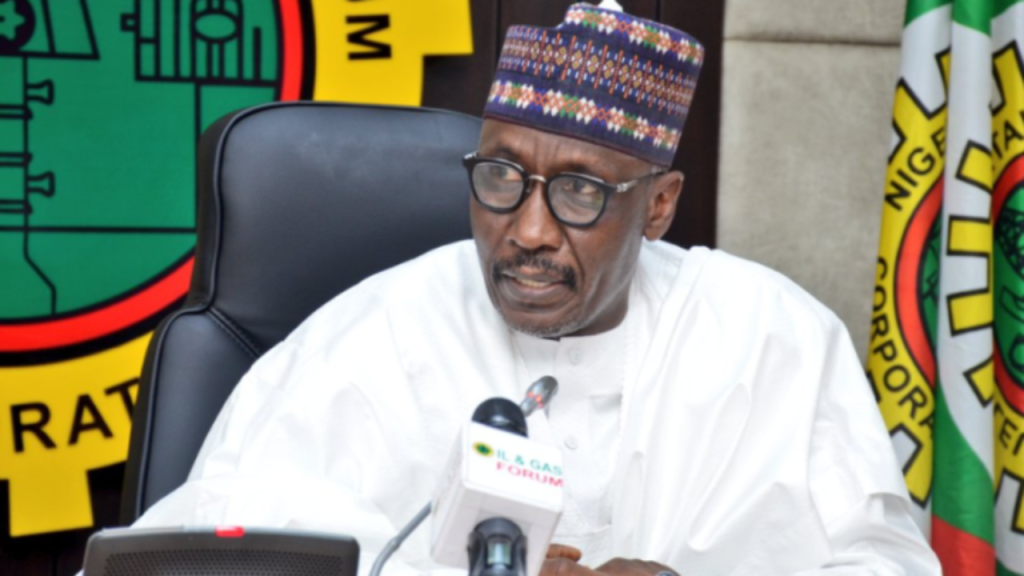Despite the ongoing fuel scarcity across Nigeria, the Nigerian National Petroleum Company (NNPCL) Limited has raised the price of fuel from N650 to N855 per litre. This price adjustment, which appears to be an attempt to mitigate potential backlash, was implemented quietly, with NNPC outlets increasing pump prices by over 30%. The new prices were observed on Tuesday at government-backed NNPC stations in Lagos and Abuja. Meanwhile, privately-owned stations have set their prices even higher, at N897 per litre.
The price hike is reportedly a response to the rising global fuel prices and an effort to reduce the NNPC’s mounting debt. Just days before this adjustment, NNPC management revealed that the company owes $6 billion to fuel suppliers, a financial burden that has likely influenced the decision to raise prices.
Incidentally, it has been reported on the field and many motorist have also confirmed this new reality at the pumps, NNPC Ltd spokesperson Femi Soneye has denied any official price adjustment, insisting that the previous price remains unchanged. This denial comes amid widespread public concern and speculation, fuelled by reports of price hikes circulating on social media.

In response to rumours that the federal government had directed NNPC Ltd to peg fuel prices at N1,000 per liter, the government issued a statement categorically denying these claims. Nnemaka Okafor, Special Adviser on Media and Communication to the Minister of Petroleum Resources (Oil), Senator Heineken Lokpobiri, clarified that no such directive had been given. The statement emphasized the importance of addressing what it termed “outright falsehoods” being spread on social media.
The situation highlights the ongoing challenges in Nigeria’s fuel market, where rising global prices, supply issues, and financial pressures on NNPC continue to affect fuel availability and pricing, with significant implications for the economy and everyday Nigerians.
Reports indicate that Dangote Refinery has begun processing gasoline after delays and shortages of crude supply.
With a capacity of 650,000 barrels per day, Dangote refinery, worth $20 billion, built by billionaire businessman, Aliko Dangote, commenced operations in January.
Africa’s largest refinery aims to mitigate Nigeria’s dependence on imported oil despite being a major exporter of crude oil.
“We are testing the product (gasoline) and subsequently it will start flowing into the product tanks,” said Devakumar Edwin, a vice president at Dangote Industries Limited.
Edwin did not say when the petrol would be available but mentioned that the Nigerian National Petroleum Company Limited (NNPCL), the country’s only importer of gasoline, would be the sole buyer of the refinery’s petrol.


